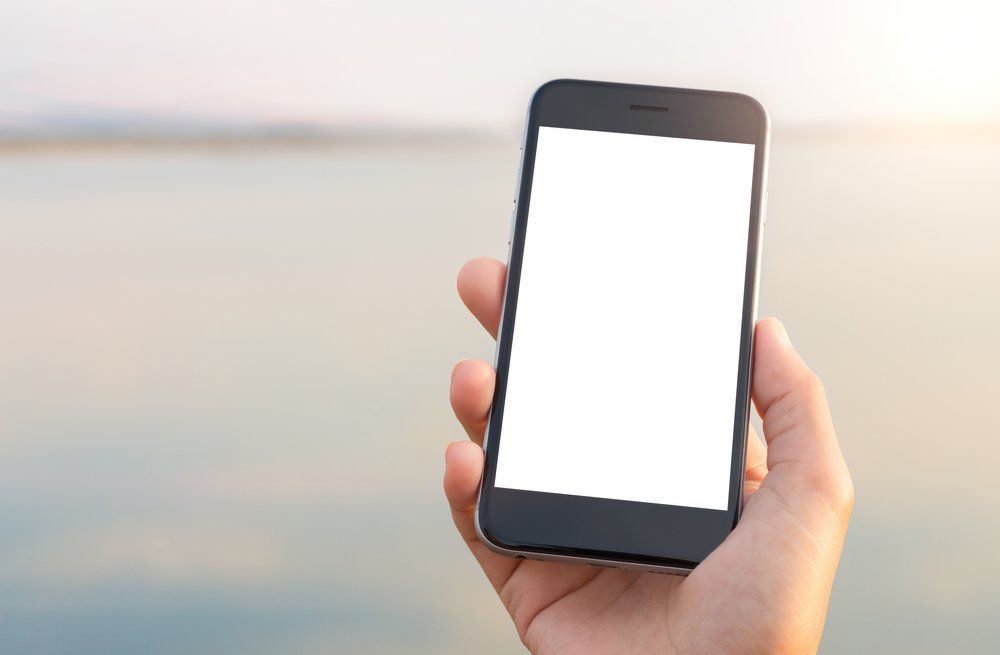- Case-Based Roundtable
- General Dermatology
- Eczema
- Chronic Hand Eczema
- Alopecia
- Aesthetics
- Vitiligo
- COVID-19
- Actinic Keratosis
- Precision Medicine and Biologics
- Rare Disease
- Wound Care
- Rosacea
- Psoriasis
- Psoriatic Arthritis
- Atopic Dermatitis
- Melasma
- NP and PA
- Skin Cancer
- Hidradenitis Suppurativa
- Drug Watch
- Pigmentary Disorders
- Acne
- Pediatric Dermatology
- Practice Management
- Prurigo Nodularis
- Buy-and-Bill
Article
App has potential to improve adolescent sun protection behavior
Author(s):
A recently published study in JAMA Dermatology showcases positive results for a face aging app’s effect on adolescent skin cancer protection behavior.

With May being declared Skin Cancer Awareness Month, JAMA Dermatology has published a study from Brazil evaluating the effects of a mobile app on skin cancer protection behavior in adolescents.
MORE: Study supports evidence of indoor tanning risk
The study evaluated a face-aging app that demonstrates the impact of ultraviolet (UV) light on the skin and how it could affect adolescent behavior when it comes to sun protection.
In 2018, researchers evaluated 52 classes with a total of 1,573 students during one intervention classroom seminar and then a six-month follow-up.1
Selfies of the students were taken and added to the app, which, in turn, displayed the effects of UV on the skin and were shown to the entire class. Anonymous surveys were also collected before the intervention, and three months and six months thereafter.
Results showed that daily sunscreen use and skin self-examinations increased while tanning decreased. Data also showed the app was more effective for girls and boys.2
RELATED: The future of actinic keratosis treatment
While apps are no sure-fire way to get younger individuals to protect their skin from UV rays, these results show promise that apps could positively influence adolescents’ behavior.
More information and data from the study can be found at contemporarypediatrics.com.
References:
1. Hester, M. (2020, May 15). Face-aging app could improve teen skin cancer protection behavior. Retrieved May 21, 2020, from https://www.contemporarypediatrics.com/pediatrics/face-aging-app-could-improve-teen-skin-cancer-protection-behavior
2. Brinker, T. J., Faria, B. L., Faria, O. M., Klode, J., Schadendorf, D., Utikal, J. S., . . . Bernardes-Souza, B. (2020). Effect of a Face-Aging Mobile App–Based Intervention on Skin Cancer Protection Behavior in Secondary Schools in Brazil. JAMA Dermatology. doi:10.1001/jamadermatol.2020.0511
Newsletter
Like what you’re reading? Subscribe to Dermatology Times for weekly updates on therapies, innovations, and real-world practice tips.





